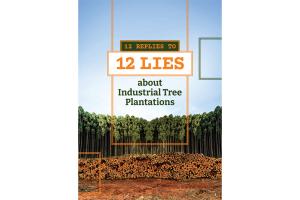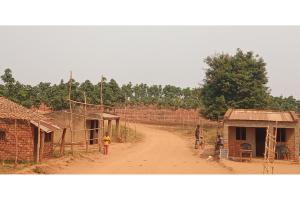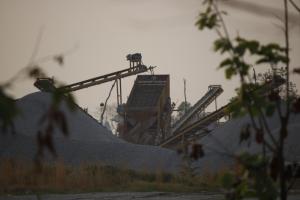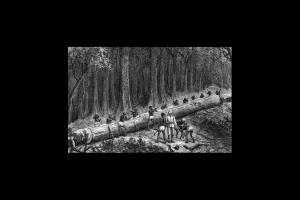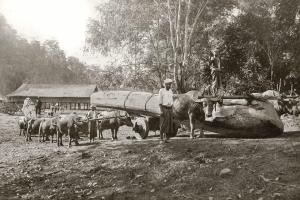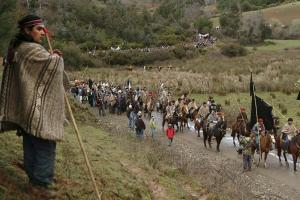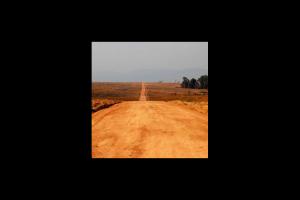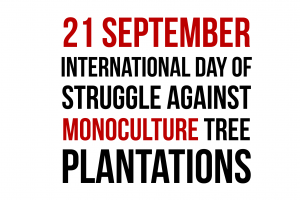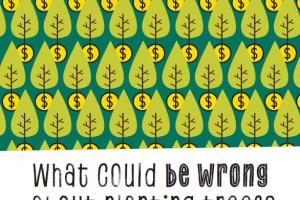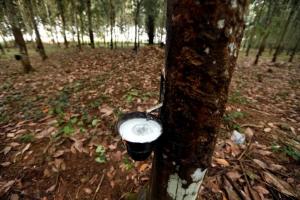Rubber
The rubber tree is native to the Amazon rainforest, but rubber plantations have spread across every tropical forest region. These plantations are increasingly large-scale, intensively-managed and have even-aged trees. The rubber is used for industrial purposes, such as the production of car tires. In some regions, small-scale rubber plantations are part of peasant farming. In the Amazon region, rubber continues to be extracted from trees that grow in the forest.
How are forest crimes defined? In Thailand, forest-dependant communities, rather than the government and companies carrying out large-scale deforestation, became scapegoats for this destruction. (Available in Thai).
It is a day for organizations, networks and movements to celebrate resistance and raise their voices to demand, “Stop the Expansion of Monoculture Tree Plantations!"
This publication aims to alert community groups and activists about the corporate push for a new round of large-scale tree plantation expansion.
The industrial production of natural rubber has always been synonymous with destruction and exploitation. About 70% is used to manufacture tires. As the use of cars, trucks and airplanes increases, the use of rubber will also increase. And this does not come without controversy.
